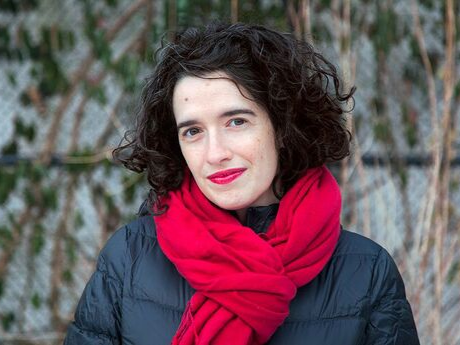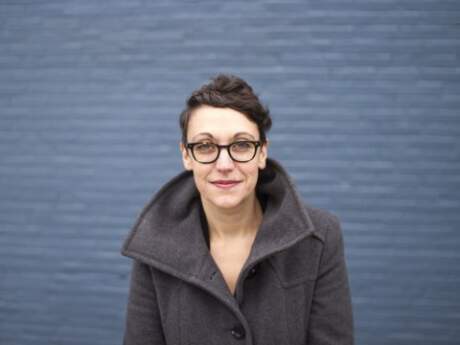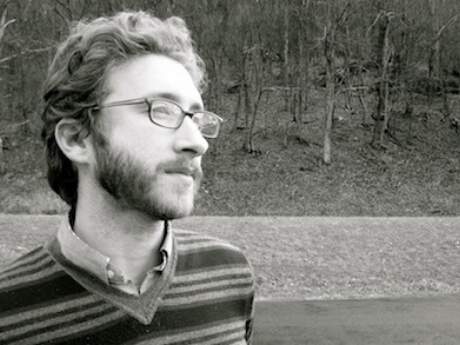New American Poets
New American Poets: Maya Pindyck

The Lesson
A certain bird used to make the wrong sound.
Her keeper cried, Go lower, lower—your pitch
feels uncontained. The bird pressed her beak
to the keeper's cheek, puncturing his flesh
until a spot no bigger than an ant's abdomen,
no bigger than the period concluding his command,
appeared. The keeper mistook the act for kindness
and crooned, My love, my infant—try again.
Poem © Copyright by Maya Pindyck. All Rights reserved. Reprinted with the permission of the author.
When did you set your foot on the path of poetry? Did you feel a sudden bolt? Or did you grow gradually more passionate about poetry?
I set my left foot on the path of poetry while making visual art. I was pouring beeswax on old books and stamping sentences over my ink drawings. Soon after, the words wanted to be alone for a bit.
Is there a collaborative element to your writing process and what do you think it is?
You mean besides the world?
Do think that poetry can have an effect on everyday speech? How?
Just as we are what we eat, we are what we read. If we consumed more poetry as a society, our speech would change—how could it not? Reading poetry usually demands patience, awareness, and the ability to listen closely. Exercising these faculties affects the care with which we choose our words and tones.
Are there poems, poets, or anthologies that have opened up or radically altered your ideas of what can be done in poetry? How did they do that?
I get excited when poets create work that doesn't necessarily look like "poetry"—or maybe they don't even call it poetry-- but it is, somehow, poetry. Anne Carson's work feels to me this way, perhaps because it is both so moving and so difficult to categorize. The Beauty of the Husband altered my idea of what can be done in poetry because I couldn't say if I was reading an essay, a poem, a story, or a scene, and I found that thrilling. On the flip side, Aime Cesaire's Notebook of a Return to the Native Land altered my ideas of what poetry can do. This was the first time I encountered a political anthem that, using beautiful language, manages to slap the reader's face.
Are there aspects of painting or photography or dance or video art or music or architecture or theater or film or any other art inform your own poems or that your poems are in conversation with? If so, how?
Always. I don't see a distinction between any of those art forms beyond the mediums used. Paintings, dance, performance, and music are just as much in conversation with my writing as other writing. The feeling, presence, and tone of a work-- whether it's a work of writing, visual art, sound, or action—invite conversation and exploration.
Did you start off with an idea that your book grew around? Did you move away from that idea as the book progressed?
No, the book did not grow around an idea. The poems grew around feelings in relation to particular events and conflicts. Once those poems came together to form a manuscript, I suppose some ideas grew around the book.
Are you interested in the relationship between poetry and politics? Do you believe that your own poetry has political implications?
I believe that all poetry has political implications whether or not it is self-consciously "political poetry."
Do you think that your poetry or poetry in general speaks to spiritual or religious yearnings and struggles? If so, how?
My poetry speaks to spiritual yearnings and seems to question religious yearnings. In writing poems, I find myself searching for new discoveries about the human condition and spirit. There seems to be something far greater than myself guiding my desire to create, though I personally would not call that greater thing "God."


